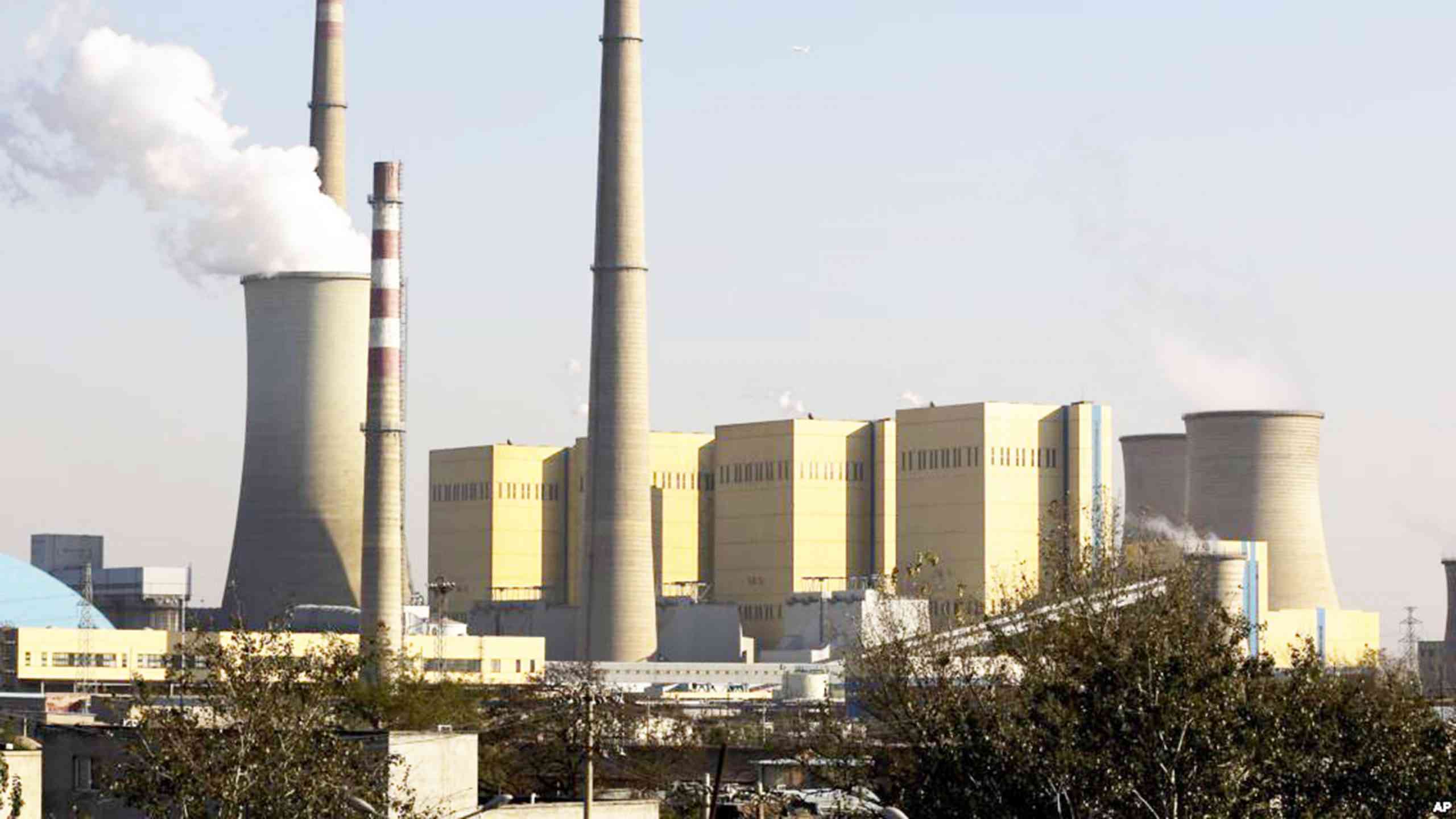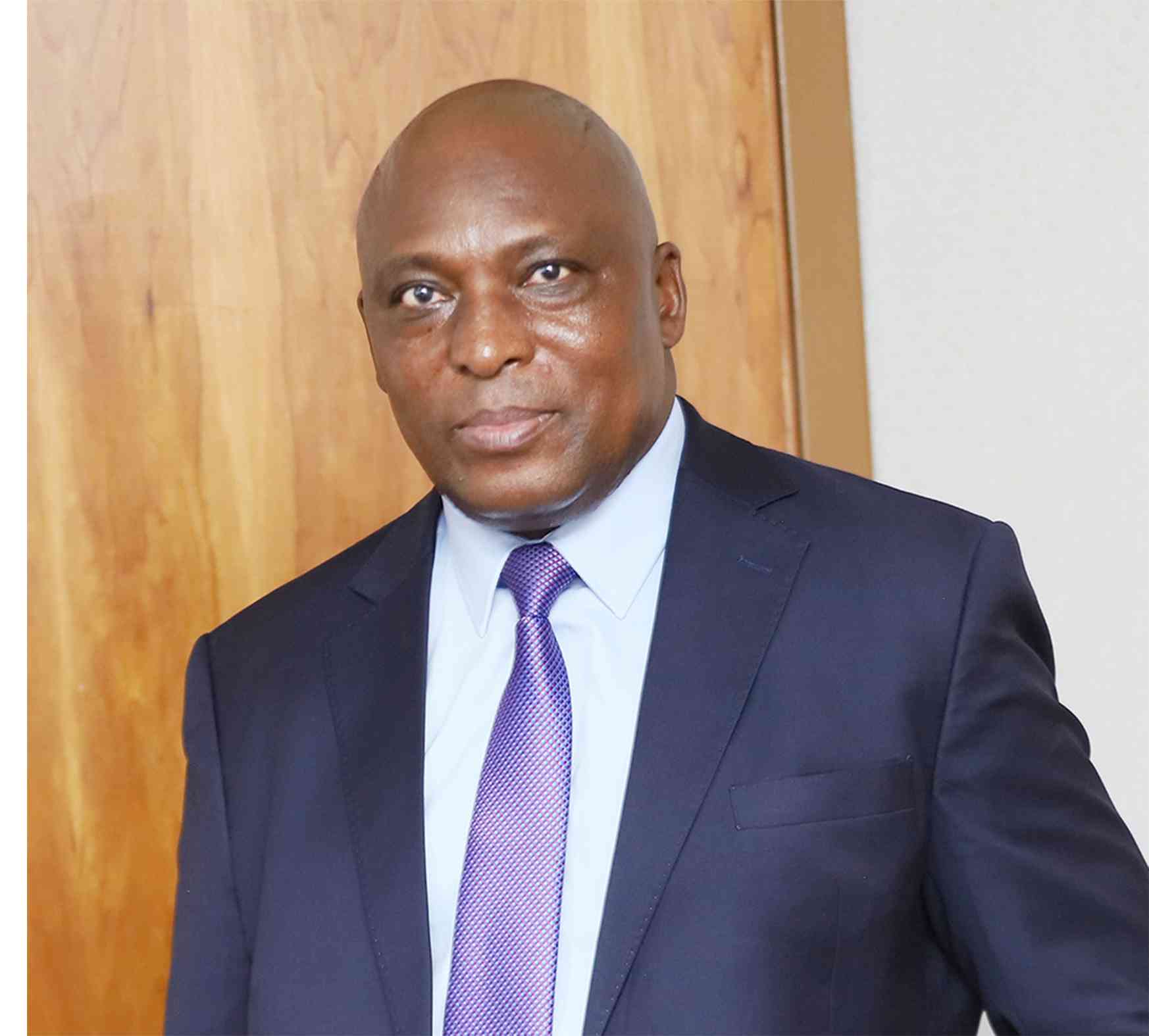
THE Zimbabwe National Chamber of Commerce (ZNCC) has urged the government to speed up the debt clearance plan and re-engagement strategy in order to improve capital inflows.
This comes as business requires at least US$2 billion to retool and recapitalise.
The call was part of several points raised in ZNCC’s recent annual “State of Industry and Commerce Survey” for 2022, done in partnership with Friedrich Naumann Foundation.
In the survey, only 9% of respondents to the ZNCC survey said there had been an improvement in the ease of doing business climate.
“Efforts to clear external debt arrears as well as re-engagement with international creditors and financiers should increase with a view to opening up international lines of credit,” ZNCC said.
The country’s public debt stood at US$17,6 billion as of September, owing to a sharp increase in domestic debt that is a result of the issuances of debt securities, such as Treasury Bills and central bank bonds.
ZNCC acknowledged efforts made by the government to clear its debt but found that the impact was yet to be seen or felt.
“International lines of credit remain elusive given the country’s high sovereignty risk,” it said.
- Abwa commissions milk plant
- In the groove: Has inflation hit the music markets?
- Zimbos snub Zec voter registration programme
- Business opinion: Brand customisation
Keep Reading
Other major factors affecting investment, apart from a high sovereign risk, are a volatile currency, restrictions on repatriating foreign currency, policy inconsistency, high taxes and corruption associated costs.
The market has been starving of capital investment amid a general decline in infrastructure across all sectors.
Experts say gaps have been more pronounced in state of roads, utilities, internet and data, machinery for manufacturing and energy.
According to the survey, many manufacturers said they were using machinery acquired before 1980, which were harder to service because they had been phased out.
“One of the solutions is to address this debt sustainability issues and arrears clearance because then the cost of borrowing will be much lower and you will get concessional resources, and together with the concessional resources, you will get technical assistance,” World Bank senior economist for Zimbabwe, Stella Illieva, said at the launch of the report.
Zimbabwe Economics Society president Nigel Chanakira said the country was no longer able to self-fund.
“We have a huge infrastructure deficit estimated at about US$40 billion. There is no way we can self-fund,” he said.











